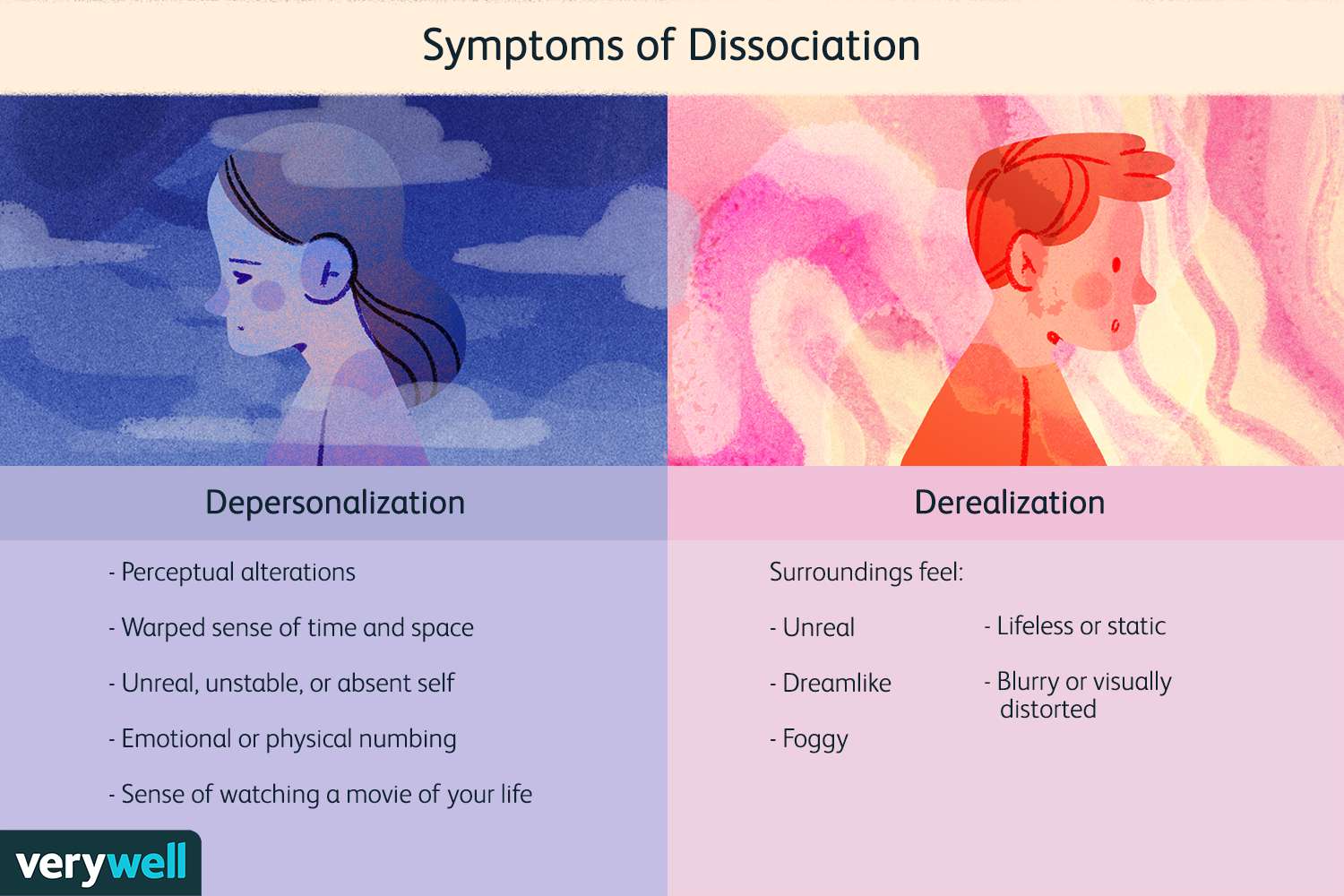Home health care services provide professional healthcare in the comfort of your own home. This type of care is often suitable for individuals who require ongoing medical assistance but are unable to receive care in a hospital or nursing facility.
Types of Home Health Care Services
- Skilled nursing care: Provided by registered nurses (RNs) or licensed practical nurses (LPNs), skilled nursing care includes administering medications, monitoring vital signs, and assisting with wound care.
- Physical therapy: Helps patients improve their mobility, strength, and function.
- Occupational therapy: Assists patients with activities of daily living, such as dressing, bathing, and cooking.
- Speech therapy: Helps patients with communication, swallowing, and language disorders.
- Home health aides: Provide personal care assistance, such as bathing, dressing, and grooming.
- Hospice care: Provides palliative care for individuals with terminal illnesses.
Benefits of Home Health Care
- Comfort and convenience: Receiving care in your own home can be more comfortable and convenient for many patients.
- Independence: Home health care can help individuals maintain their independence and avoid institutionalization.
- Continuity of care: Home health care can provide a seamless transition between hospital care and community-based care.
- Cost-effectiveness: Home health care can be a more cost-effective option compared to hospitalization or nursing home care.
How to Access Home Health Care
- Physician referral: Most home health care services require a referral from a doctor.
- Insurance coverage: Check with your insurance provider to determine your coverage for home health care services.
- Home health agencies: Contact local home health agencies to learn more about their services and eligibility requirements.
Challenges and Considerations
- Staffing shortages: Home health care agencies may face challenges in recruiting and retaining qualified staff.
- Quality of care: Ensuring that home health care services meet quality standards is important.
- Patient safety: Home health care providers must prioritize patient safety and take precautions to prevent falls and other accidents.
- Family involvement: Family members often play a crucial role in supporting patients receiving home health care.
Home health care can be a valuable option for individuals who need ongoing medical assistance but prefer to remain in their homes. By understanding the types of services available, the benefits, and the challenges, individuals can make informed decisions about their healthcare needs.



